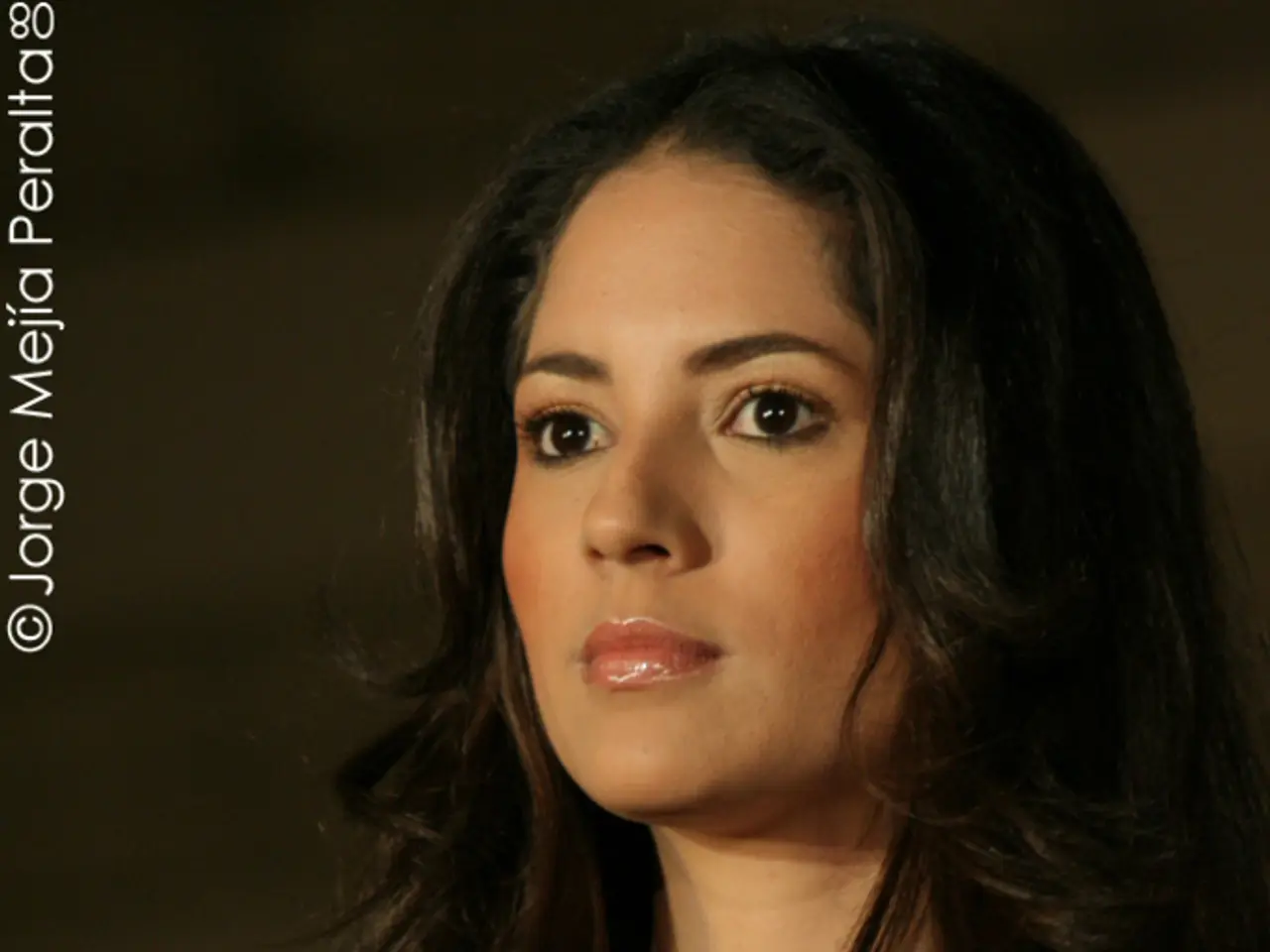Sephora implements strategy for combating racial discrimination
In a significant move towards addressing racial bias in retail, beauty giant Sephora has announced a series of changes aimed at creating a more inclusive shopping experience for all customers.
According to a year-long research study commissioned by Sephora, three in five retail shoppers have experienced discriminatory treatment, two in five have personally experienced unfair treatment on the basis of their race or skin color, and three in five retail employees have witnessed bias at work. This study, conducted in collaboration with the National Black Justice Coalition (NBJC) and research firm SurveyMonkey, sheds light on a disconnect between how shoppers and employees interpret interactions.
The study also revealed that the majority of shoppers (65%) said stores fail to deliver an equally distributed assortment of products for different shoppers' needs. Almost 80% of retail shoppers struggle to find associates who look like them, and 82% struggle to find associates familiar with their needs.
April Reign, creator of the #OscarsSoWhite movement and advocate, stated that Black people and people of color often have to constantly scan the terrain and understand the situation and context, which places a huge burden on them.
To address these issues, Sephora is making changes to its marketing and merchandising. The beauty retailer is establishing new marketing production guidelines to increase diversity, featuring and advertising Black-owned brands, doubling its assortment of Black-owned brands by the end of 2021, and focusing its accelerator program on BIPOC-owned brands.
Sephora is also making changes to how it runs stores. The company is creating new training modules for its store associates, providing shoppers new channels to give feedback, implementing a new greeting system, and making changes to how the beauty retailer handles loss prevention.
In an effort to broaden recruitment and career advancement efforts for people of color, Sephora will update its zero-tolerance policy to include offenses like profiling, provide unconscious bias training for all new hires, and share progress on leadership representation biannually.
Sixty-one percent of employees who have received training on unconscious bias and diversity and inclusion said it was very or extremely successful in reducing unfair treatment. However, 35% of retail employees said their store lacks proper training on helping customers of different races. In response, Sephora is making training on how to serve a more diverse set of customers a priority for its employees.
When BIPOC shoppers experience unfair treatment or a negative shopping experience, the majority do not voice concerns directly to retailers, impacting retailers' ability to receive and act upon feedback. Sephora is releasing the findings of its study in the hopes that other retailers can use it to develop their own action plans against racial bias.
The retailer aims to double the representation of Black leaders to mirror the current share of Black employees (14%). Sephora is working with organisations like RILA and Diversity Best Practices to spread the findings of the study to retail leaders interested in them.
The study found that the vast majority of shoppers (74%) felt marketing doesn't showcase diverse skin tones, body types, and hair textures. Some shoppers avoid certain stores due to fear of unfair treatment or adopt coping mechanisms like not using samples or adjusting their body language.
By taking a comprehensive approach to diversity and inclusion, Sephora is setting a new standard for the retail industry. The beauty retailer's actions demonstrate a commitment to creating a more equitable shopping experience for all customers.








